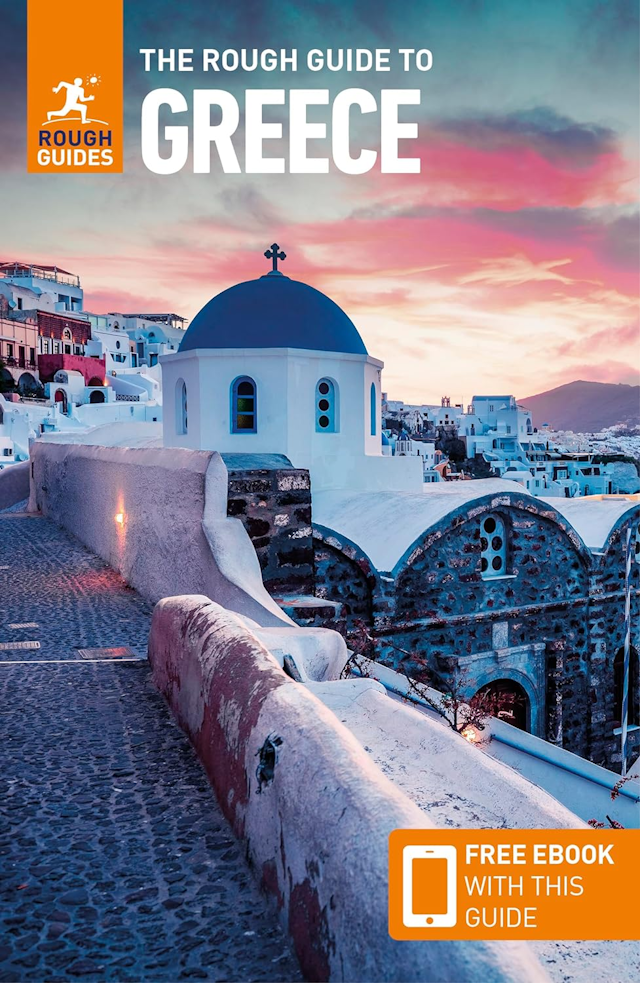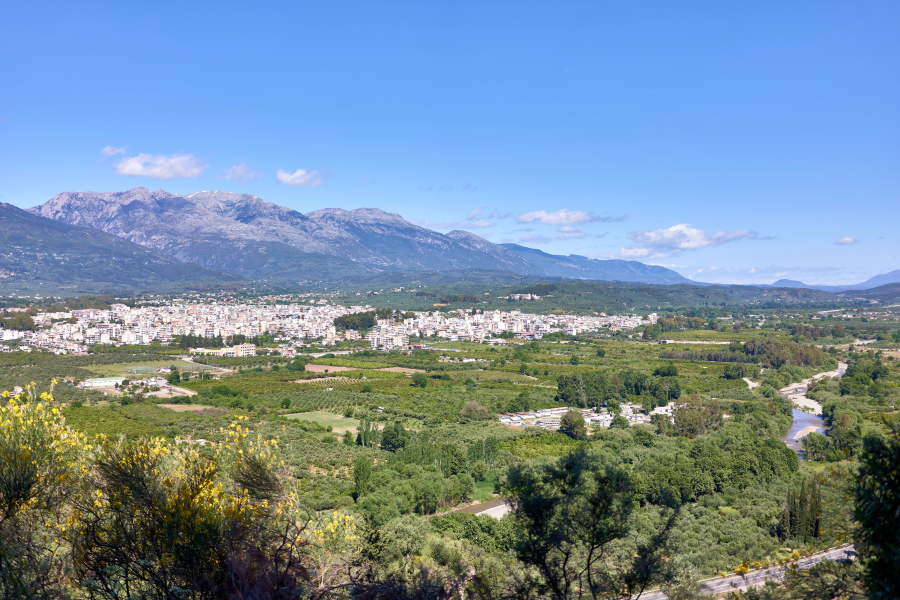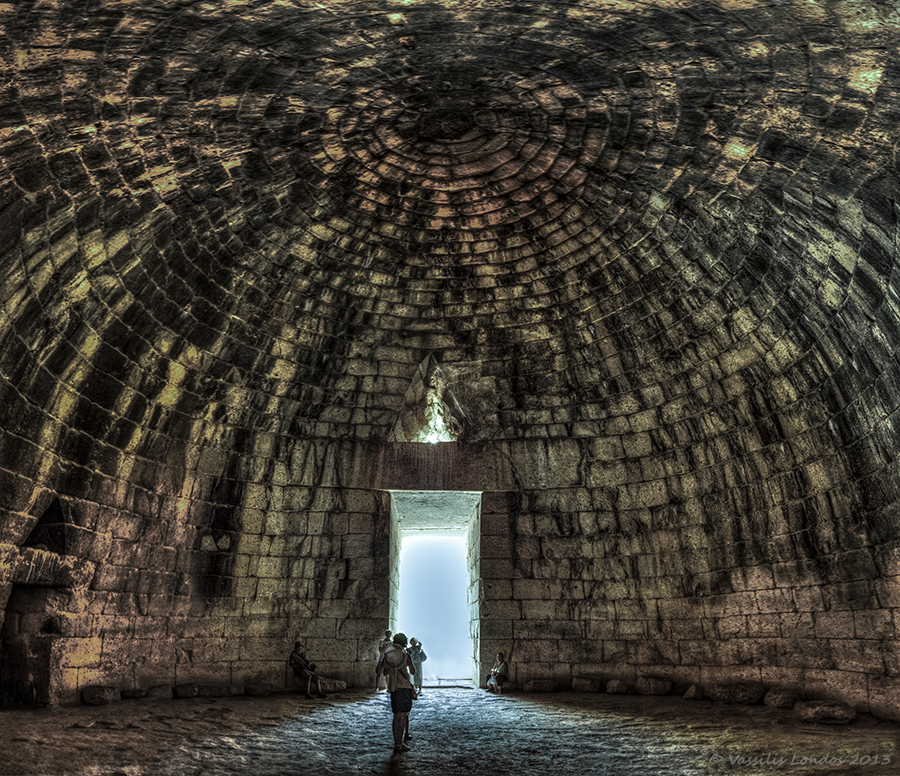- HOME
- Peloponnese
- Ancient Olympia
- The Nemean Games
The Nemean Games
The Nemean Games, like the Olympic Games, take place every four years but, unlike the Olympics, anyone can apply to take part and run in the original stadium.
Everyone knows the Olympic Games, but there were several other regular sporting events held by the ancient Greeks, including the Nemean Games. Like the Olympics, these too live on, although without the worldwide fame of the Olympics. However, unlike the Olympics, anyone can apply to join in the Nemean Games.
Nemea is in the northeast Peloponnese, between Corinth and Nafplion. Here the original Nemean Games took place, and here they are re-created every four years. Sadly due to COVID-19 the 2020 games were postponed until 2021.

History of the Nemean Games
The Nemean Games usually take place in June and, like the Olympics, were held in honour of Zeus, and have been dated back to the 6th century BC. They have not, though, adopted the ancient Olympic practice of requiring contestants to run naked. If you get to participate you'll do so wearing a conventional ancient Greek outfit of chiton, or tunic, and zoni, or belt, as will the judges and other officials.
The games were revived in 1994 by archaeologists and volunteers from the University of Berkeley, California, who were working on the Temple of Zeus at the site of ancient Nemea. They became interested in the games that were held there, and inevitably someone wondered if they might be revived, like the Olympics but on a much smaller and more local scale.

About 10,000 people turn up for the two-day event, and hundreds participate in the races, which are divided according to sex and age, with 12 runners in each race. The races are all over a standard length of 100 metres (109.361 yards). The original Olympic Games only had one running event, which was to run the length of the stadium, but gradually other events were introduced. The Nemean Games stick to the original notion of just one standard-length race for all.
Athletes assemble in the locker room, or apodyterion, which has only partly survived, so a tent of the same size is erected over the top to complete the building. A judge, dressed in black, enters to collect each group of runners and, as in the old days, he will be carrying an olive branch. This is not a symbol of peace but will be used to beat anyone who breaks the rules or disobeys his orders.

Contestants then run in the same stadium and on the same track that was used more than 2,500 years ago. At the original games the winners were awarded a wreath made from wild celery leaves from Argos, but today's winners receive a palm branch, a ribbon, a pin, a T-shirt, and a place at the victors' dinner.
How to Join in the Nemean Games
To join in the games you must register your interest two months before the event on the official website: https://nemeangames.org/
Latest Posts
-
Explore Vikos Gorge: Hiking, Rafting, and Food in Zagori
One of the most impressive canyons in Europe and one of Greece’s favorite mountain destinations, Vikos Gorge invites hikers and food lovers alike. -
Lefkada: The First Ancient Theater of the Ionian Islands Comes to Light
The first ancient theater ever discovered in the Ionian Islands is located in the heart of the ancient city of Lefkada, established before the end of the 7th century BC. -
5 Epic Island Hikes in Greece for Spring Explorers
This spring, five majestic peaks across Greece’s islands invite us to lace up our boots and discover a wilder side of island life. -
Greek Ferry Services to Halt on May 1 Due to Labor Strike
Ferries in Greece will remain docked for 24 hours on Thursday, May 1, as the Pan-Hellenic Seamen’s Federation (PNO) joins Labor Day mobilizations announced by the General Confederation of Greek Labor… -
Sifnos: Greece’s Hidden Culinary Star on the Rise
Sifnos, a Cycladic island, is gaining fame for its rich culinary heritage, especially the beloved melopita honey-cheese tart. -
Easter in the Mystical Castle of Monemvasia
In the castle town of Monemvasia, with its dramatic medieval backdrop and sea views, Easter is a deeply spiritual and atmospheric experience. -
Easter in Leonidio: A Tapestry of Light, Culture and Cliffs
In Leonidio, Easter comes alive with handmade hot air balloons in the sky and lanterns made from bitter oranges in the streets. -
The Lesser-Known Traditions of Greek Easter
Step off the beaten path this spring and discover the enchanting — and often surprising — Easter traditions found across Greece. -
April 9 Strike in Greece to Impact Public Transport, Ferries and Air Travel
Transportation and travel across Greece will face disruptions on Wednesday, April 9, as public transport, ferry and aviation workers join a nationwide strike called by Greek labor unions. -
Ancient Theater of Lefkada Brought Fully to Light Following Systematic Excavation
The Greek Culture Ministry has announced that the first ancient theater ever identified in the Ionian Islands has recently been brought fully to light on Lefkada, revealing an impressive monument that…
























